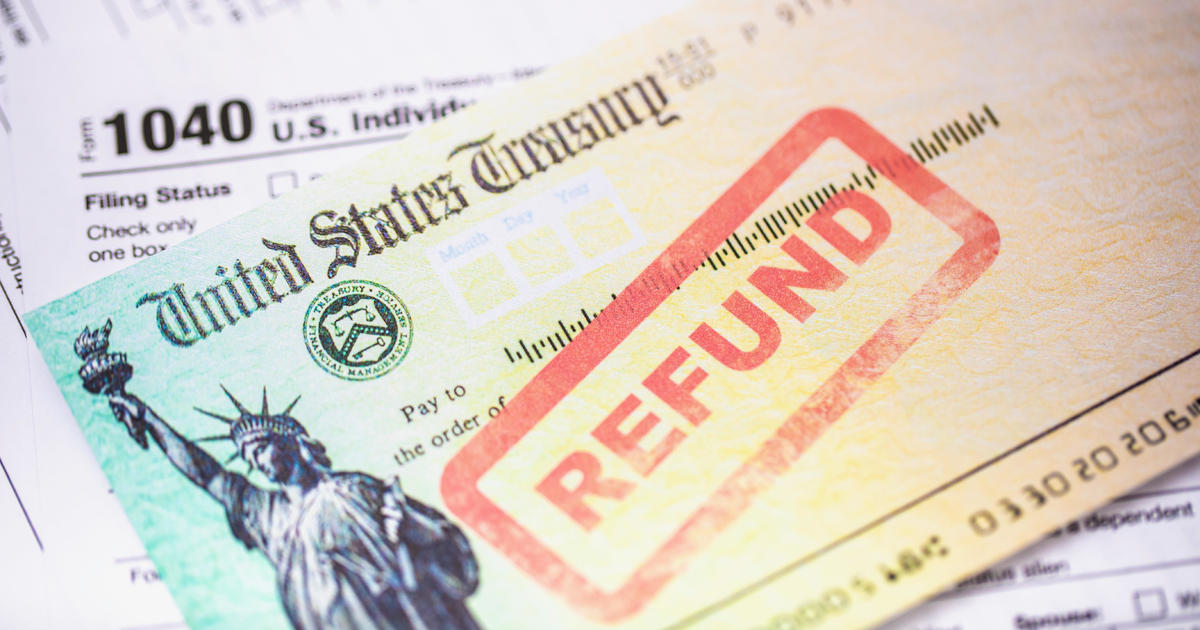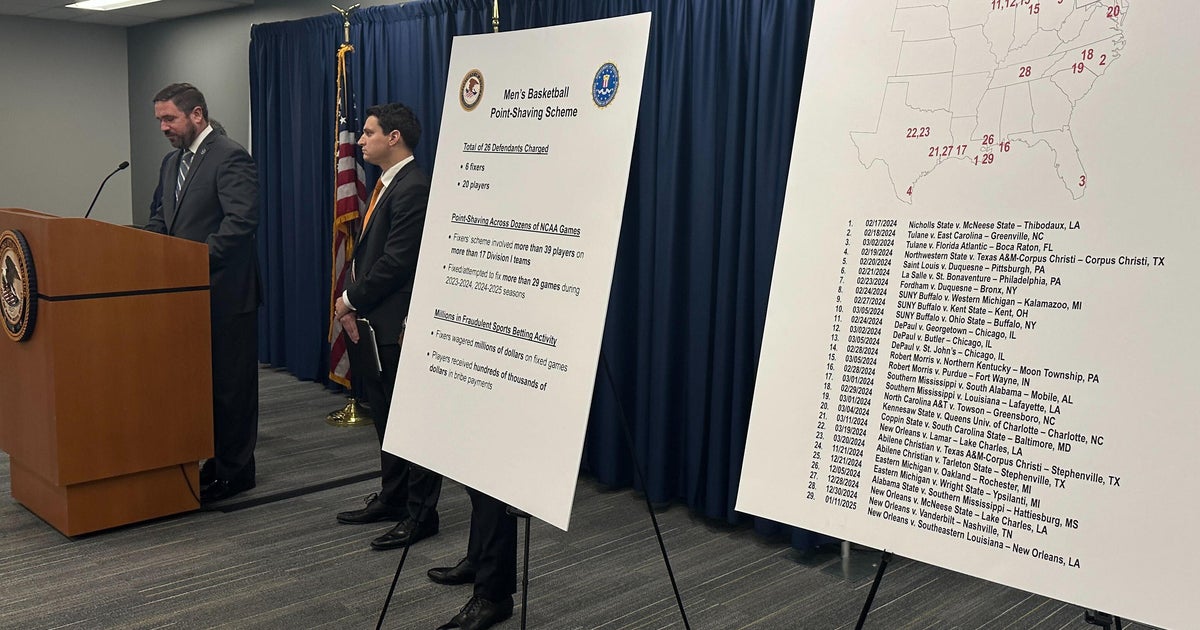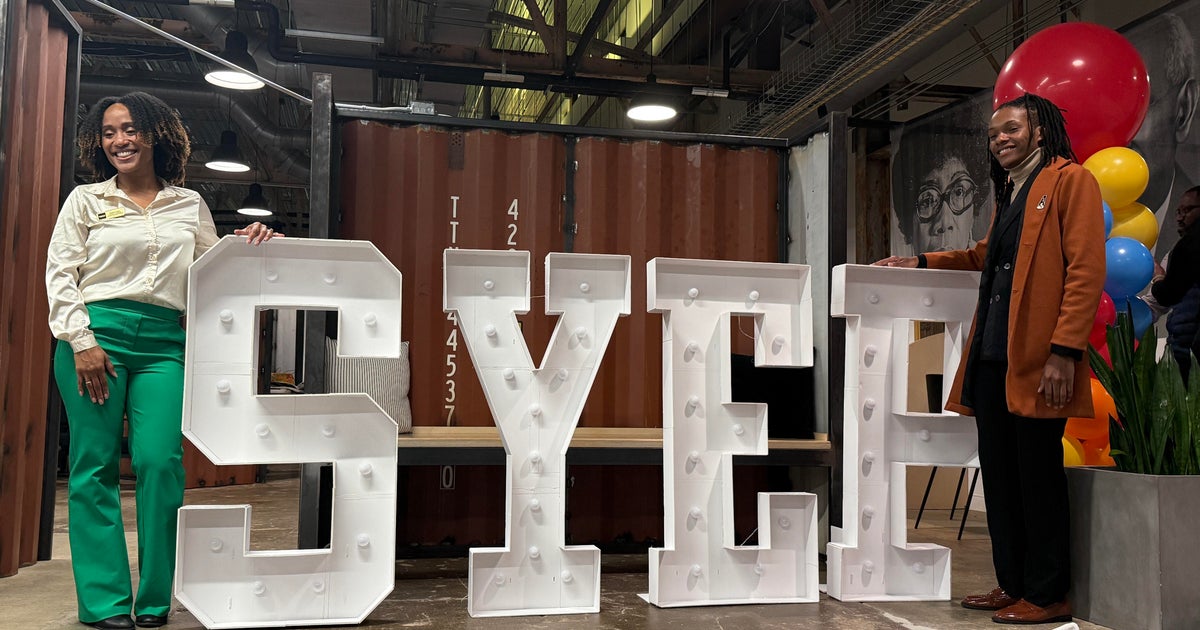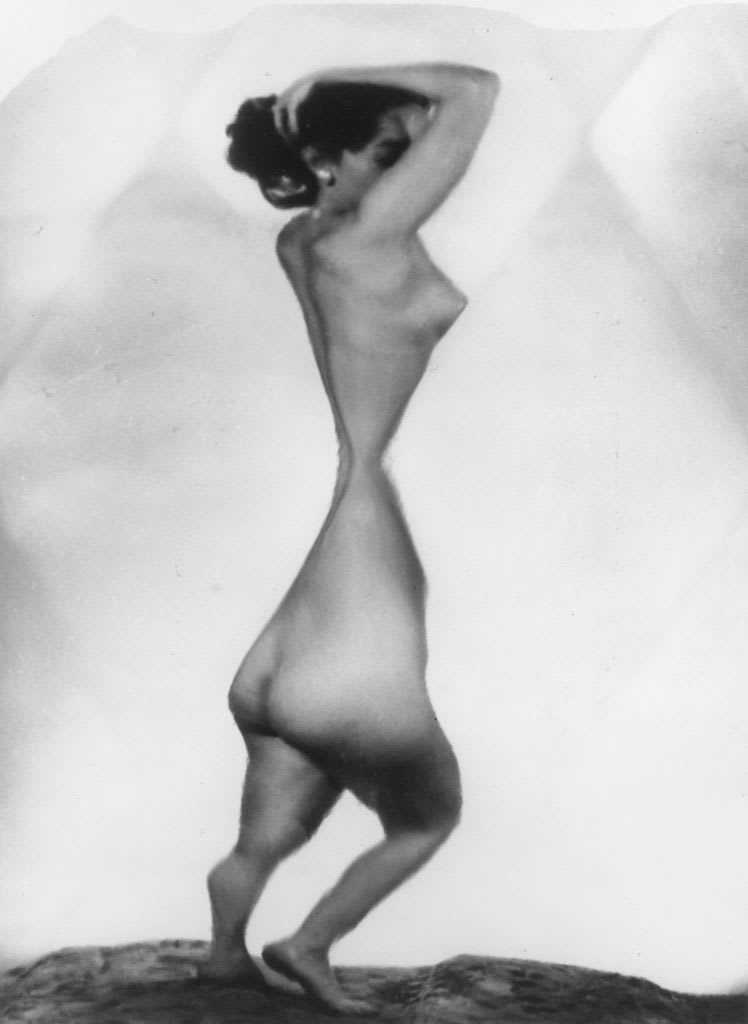Here are the college grads still suffering in the job market
College grads entering the job market in 2018 are facing a good news-bad news situation.
The good news: "Things are certainly a lot better than they were for their older brothers and sisters who graduated" in the wake of the Great Recession, said Elise Gould, senior economist at the Economic Policy Institute, a left-leaning think tank.
But the economy isn't back to where it was in 2000 -- when wages were enjoying strong growth -- or even to 2007, before the recession hit, she noted.
Wages for some recent college grads, especially black graduates and women, haven't kept up with those of their white male classmates, according to a new report from the EPI. And more than one in 10 college grads are "underemployed," or working in jobs that don't use their skills. Instead of getting work in an accounting firm with that finance degree, they may be slinging lattes at the local Starbucks.
"There's an increase in the number of young college grads who are taking jobs that don't require a college degree, so it's taking them longer to get them really started on their career track," Gould said. Underemployment "has improved, but it's still higher than before the recession."
It may be elevated also because employers can still be choosy about who they hire. Jobs that would have been filled by high school graduates before the recession may now be filled by college grads, she said.
But what about the complaint from some firms that they can't find skilled workers? Gould said the data doesn't suggest that's actually true.
"People say we have a skills shortage in construction, but there are 2.5 unemployed workers for every construction job," she said. Companies may not be using all the tools at their disposal to find workers to fill their empty positions, such as offering higher wages or providing on-the-job training to provide new skills to the workers available to them.
The high level of underemployment and lagging wages among some recent college grads signal that the economy still hasn't reached full employment, she said. If it had, wages would be growing for black and women workers, for instance.
Women grads
Women are graduating from college at higher rates than men. Today, almost six out of 10 recent grads are women, the EPI said. It's also more likely that young women hold an advanced degree than men.
Young women with college degrees are also more likely to be employed than their male classmates. The unemployment rate for women between 21 to 24 years old is 4.7 percent, compared with 6.4 percent for young male college grads.
But wages for young women have barely budged since 2000, while wages for young male grads have increased 5 percent in the same time.
"Young women have surpassed young men in the last 20 years in educational attainment," Gould said. "You might think they're trying to insulate themselves from the wage gaps, but they still face this sizable wage gap when they graduate."
Both young men and women with college degrees would have the same amount of work experience -- or lack of it -- which makes the wage gap "even more disquieting," according to the EPI report.
Black grads
Black college grads haven't caught up with their white counterparts, the EPI found. "It's horrible," Gould said. "The earnings for black and white college grads was indistinguishable in the '90s and early 2000s. What you see is the Great Recession hits, and black wages just plummet."
She added: "They haven't really come back to what white wages were at all."
In 2000, white and black graduates earned the same wage when leaving college. But in 2018, black grads now earn 17 percent less than white grads.
That's another sign Gould sees as signaling that the economy hasn't reached full employment. "You have these large pools of workers," she said, "and employers can use discrimination."






